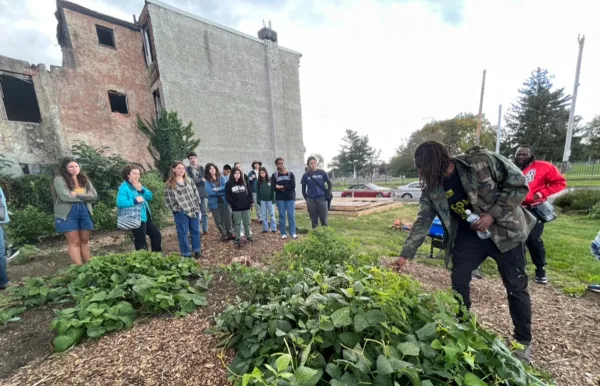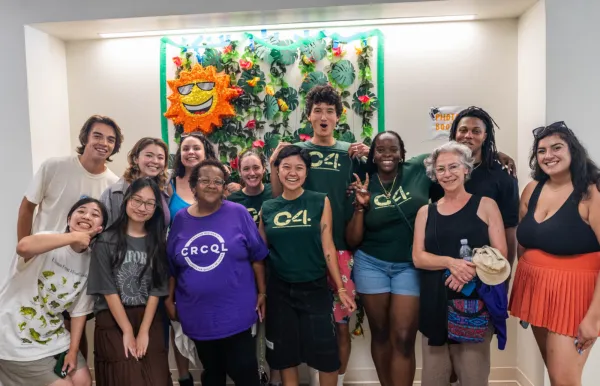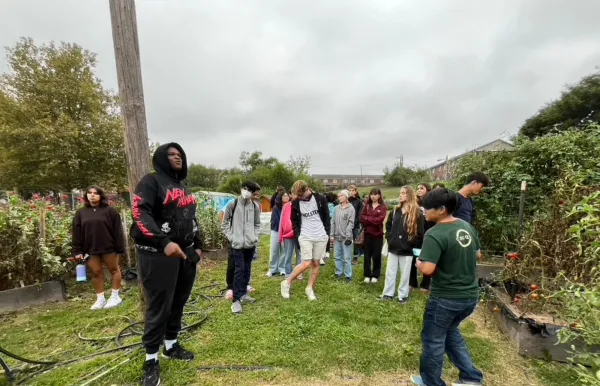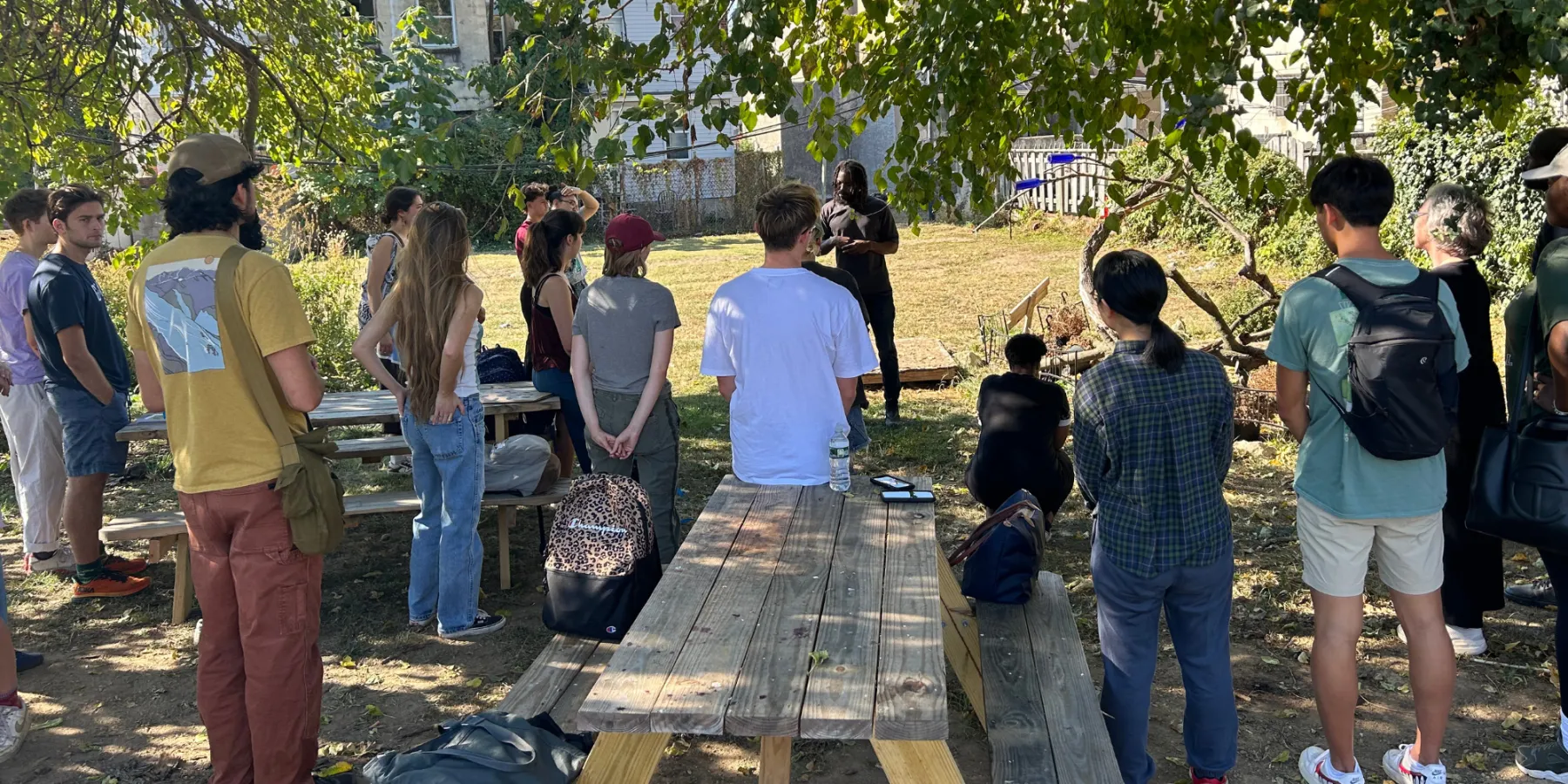
ENVS 043/ENGL 089/SOAN 020M - Race, Gender, Class, and the Environment
This course explores how ideologies and structures of race, gender, sexuality, and class are embedded in and help shape our perceptions of and actions in the “environment.” Drawing on key social and cultural theories of environmental studies from anthropology, sociology, feminist analysis, and science and technology studies, we will examine some of the ways that differences in culture, power, and knowledge construct the conceptual frameworks and social policies undertaken in relation to the environment.
See Full Course Description
ENVS 035/SOAN 035 - Environmental Justice: Ethnography, Politics, Action
Intro to the history and theory of environmental justice, an interdisciplinary field that examines how inequalities, based on race, class, ethnicity, and gender shape how people are impacted by environmental problems and how they advocate for social and environmental change. Drawing on the social sciences, natural sciences, and the arts & humanities, we critically examine the conceptual divisions between “nature and society,” “urban and rural,” and the “community and the planet.” We analyze the history of the widely used concept of “sustainability” focusing on the ways it has been used in different cultural and urban contexts.
See Full Course Description
ENVS 042/ENGL 089E: Ecofeminism(s)
An introduction to the central themes and histories of ecofeminist theories and praxis. We will study ecological feminisms/feminist environmentalisms from global perspectives, and examine how these transdisciplinary discourses and movements develop social and cultural critiques of systems of domination, and construct alternative visions for more just and sustainable human-earth relationships.
See Full Course Description



